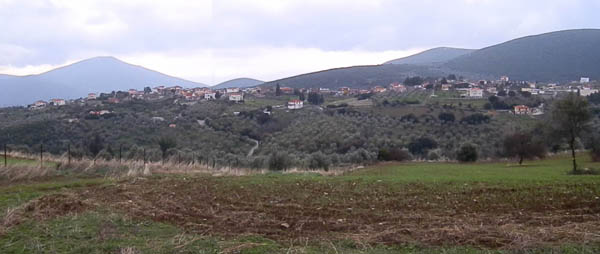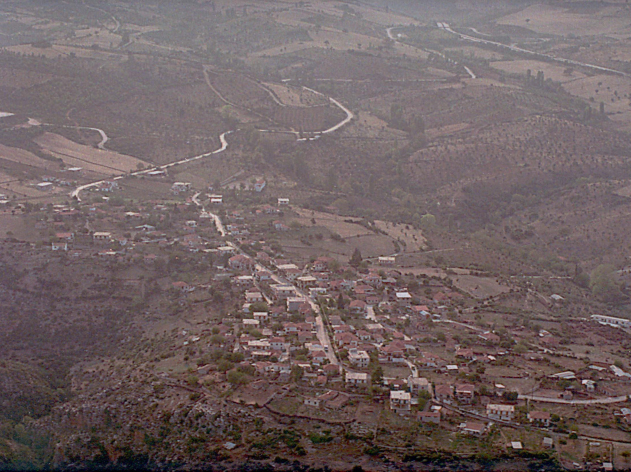There are no written sources confirming the founding date of the village of Agioi Theodoroi. Its “journey” through the years was preserved thanks to the memories and stories of the elders. The old village of Agioi Theodoroi (Palaiochori) was burned by the Turks as soon as the 1821 revolution was declared.
Since then, the residents lived a nomadic life (tent dwellers – shepherds). They sheltered in huts in the same area, while others moved to the nearby village of Hamako and other neighboring farmsteads. The current village was built in 1845, following the relocation of the population from Palaiochori. The old village (Palaio-Thodoros), with a history spanning several centuries, was liberated from Ottoman rule by the Treaty of Adrianople in 1829. In the early years after liberation, the presence of the state was shadowy to nonexistent, which allowed the powerful warlord Velentzas to create a coastal village, Achilleio, at Trachili for his own purposes, forcing populations to move from the villages of Agioi Theodoroi, Hamako, and Kouroukledti. However, the surrounding area was swampy and unhealthy, with a large number of mosquitoes. As a result, the inhabitants were struck by malaria, and the population was decimated. All of this continued until the death of the warlord Velentzas. Afterward, the residents sought relief from malaria by abandoning the coastal village and returning to their original villages—Agioi Theodoroi, Hamako, and Kouroukledti. Today, only the ruins of Palaio-Thodoros remain, located north of the present village, which was built much later.
The village of Agioi Theodoroi stands on a hill about 200 meters high, just 3 km from the Athens–Thessaloniki national highway. Its population is estimated at around 500, with most residents engaged in agriculture and livestock farming. Agioi Theodoroi is a welcoming village, rich in greenery and natural beauty, making it an ideal destination for summer—and not only—vacationers. Today, it is a Local Community of the Municipality of Almyros.



